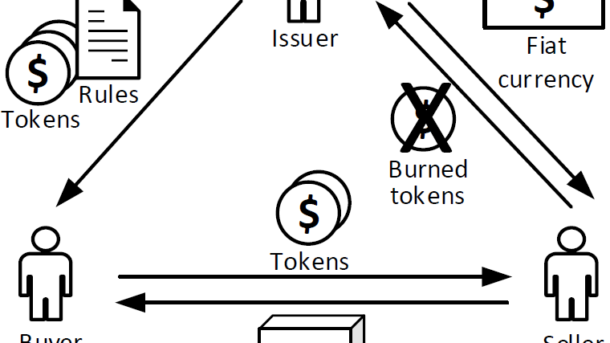In the dynamic realm of virtual assets, the term “issuer” assumes a pivotal role, especially in the context of Botswana’s Virtual Assets Act 2022.
This article aims to elucidate the definition and responsibilities of an issuer within this regulatory framework.
Definition of “Issuer”:
An “issuer” is defined as a person who is contractually responsible for the issuance of a virtual token. Let’s delve into the key components of this definition:
- Contractual Responsibility:
- The term “contractually responsible” implies that the issuer has a legal obligation to oversee and manage the process of bringing a virtual token into existence and introducing it to the market. This contractual relationship is fundamental to establishing accountability.
- Virtual Token Issuance:
- The core function of an issuer is to facilitate the issuance of virtual tokens. These tokens are digital or cryptographic assets that may serve various purposes within the blockchain ecosystem, ranging from utility tokens to security tokens.
Responsibilities of an Issuer:
The responsibilities shouldered by an issuer extend beyond the mere act of token creation. They involve a range of tasks and commitments:
- Design and Creation:
- Issuers are typically involved in the design and creation of the virtual tokens. This may include defining the token’s characteristics, use cases, and underlying technology.
- Legal Compliance:
- Ensuring compliance with relevant legal frameworks is a crucial responsibility. Issuers must adhere to the regulatory requirements outlined in the Virtual Assets Act and other applicable laws.
- Transparency and Disclosure:
- Issuers are obligated to maintain transparency throughout the token issuance process. This involves providing clear and comprehensive information to potential investors, including the token’s features, use, and associated risks.
- Contractual Agreements:
- Establishing contractual agreements with token holders is part of the issuer’s role. These agreements outline the terms and conditions of token ownership and usage.
- Security Measures:
- Implementing robust security measures to safeguard the virtual token and its associated ecosystem is imperative. This helps prevent unauthorized access, fraud, and other security threats.
Significance in the Virtual Assets Ecosystem:
The role of an issuer is foundational to the functioning and integrity of the virtual assets ecosystem. Their actions and decisions influence the market, investor confidence, and the overall success of the virtual token.
Conclusion:
Understanding the concept of an issuer is fundamental for stakeholders in Botswana’s virtual asset landscape. As the regulatory framework continues to evolve, the role of issuers will play a crucial part in shaping responsible and innovative practices within this dynamic sector.




